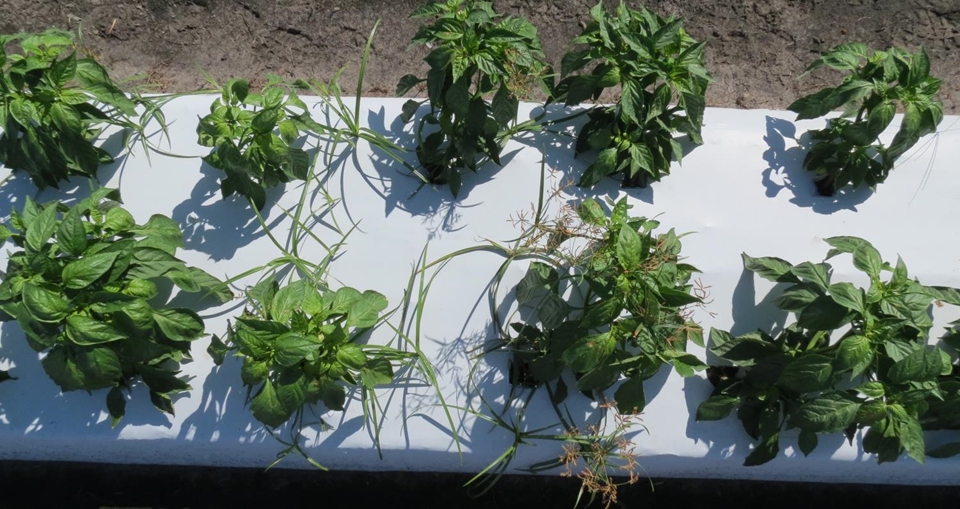
By Clint Thompson
Weed control remains a vital management tool for Florida vegetable and specialty crop producers. Weeds like nutsedge, ragweed and pigweed can fight for essential nutrients and water that crops need to grow and produce yields.
But according to Peter Dittmar, University of Florida/IFAS Extension weed scientist, there are other reasons for producers to try to keep their fields weed free.
“Something that most people don’t think about is that (weeds) can be a huge hindrance to harvesting. I was just in my carrot field last week, and all of the weeds were getting caught up in the digger. It wasn’t working properly,” Dittmar said. “If you’re hand-harvesting, the weeds can cover up the crop, so you miss some of that produce in the field.
“Weeds can also serve as a secondary host for nematodes or for certain fungi or other diseases. It’s just a reservoir for other pest problems. Some of them can just be problematic, just because they have thorns or are poisonous; you need to keep that out of your produce.”
Average Weed Pressure This Year
Dittmar said based on the phone calls he received this season, weed pressure was average. That meant ragweed pressure and common lambsquarters for potato producers. It also meant black nightshade and any of the pigweed species for warm season crops like tomatoes, peppers and squash.
“If the weather’s cold, we can get weeds. If it’s warm, we can get weeds,” Dittmar said. “It just always seems to be something different.
“If we take potato production for example. If you’ve got a field with ragweed, that is a very different problem than having to work with lambsquarters. There’s two different products for each field. It’s a lot of what is your field history, and that’s sort of a starting point. Usually, if it’s a cooler season or warm or rain, that weed spectrum can change.”










